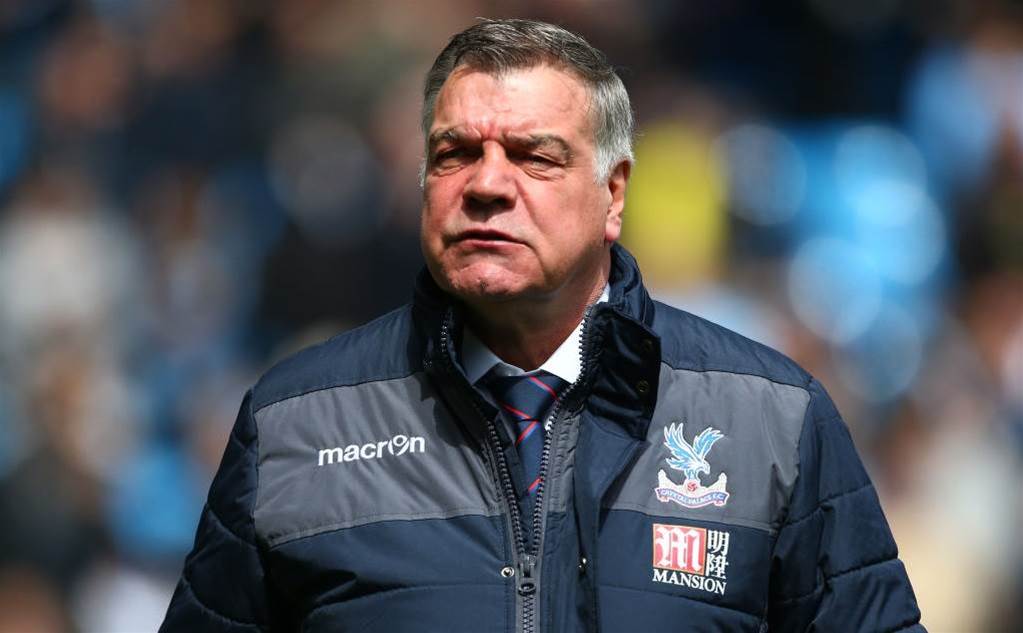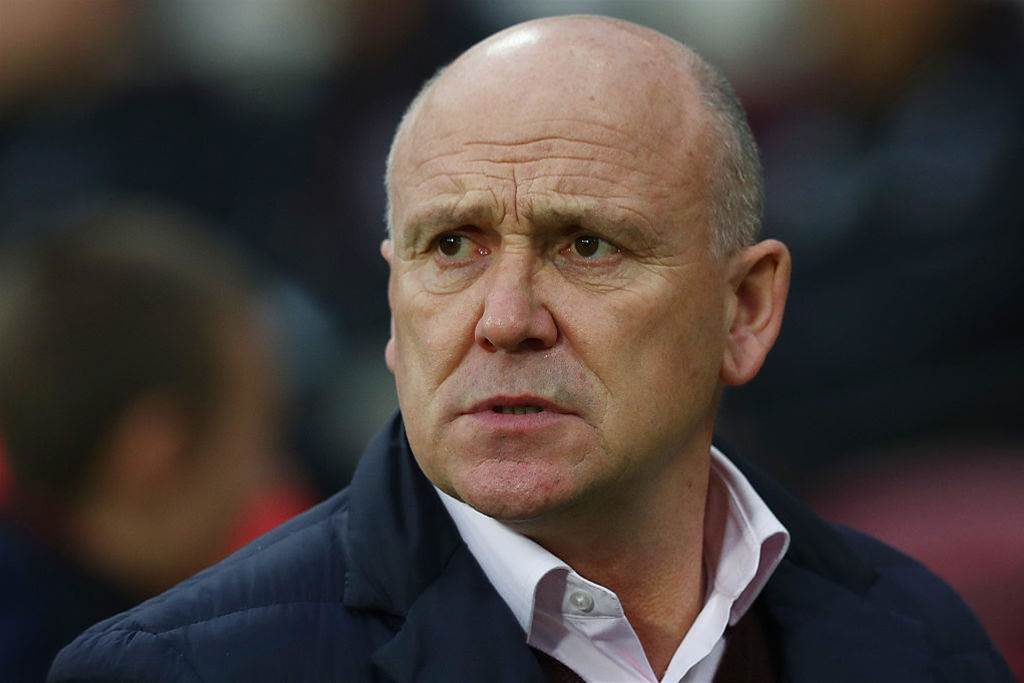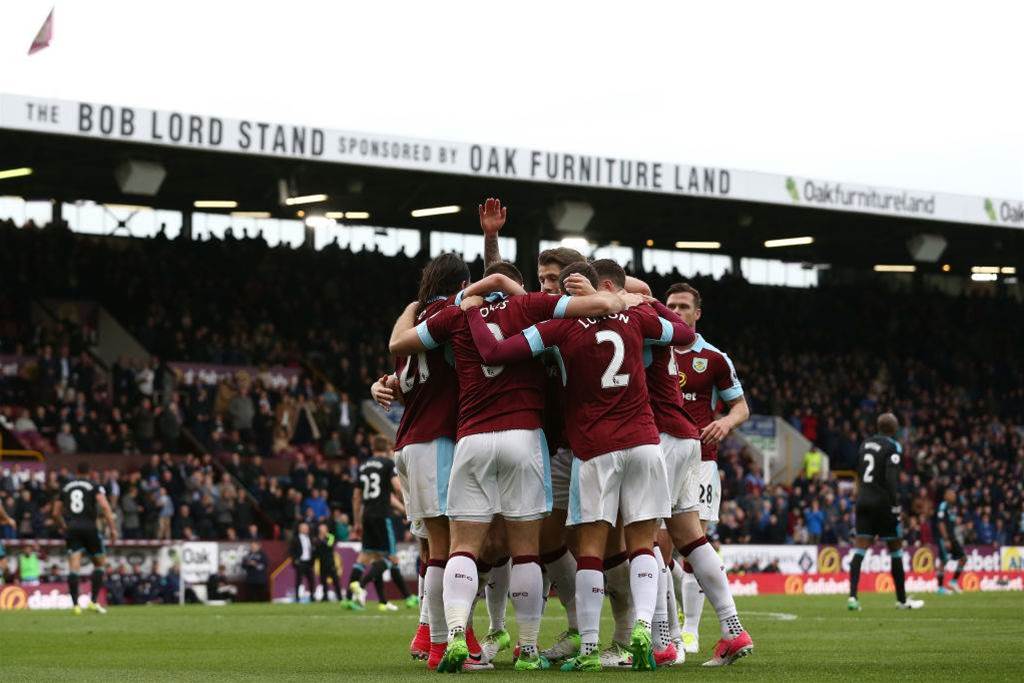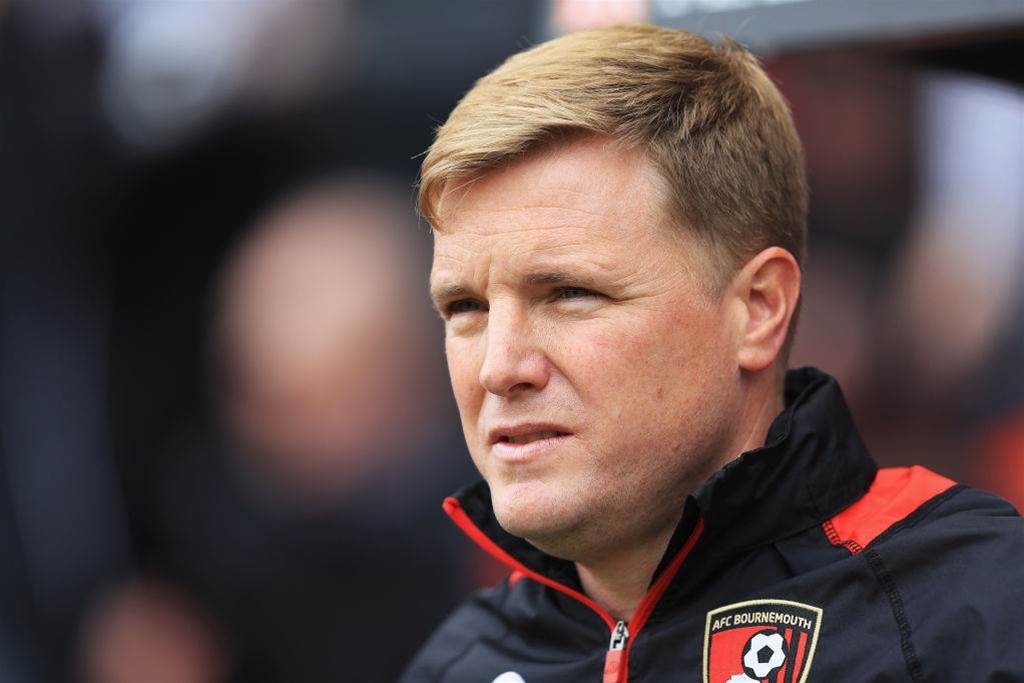It’s baffling that Ashley and Martin commercials feature cricketers and not Premier League managers. After all, it’s hard to imagine the tear-your-hair-out frustration that relegation-threatened owners and managers feel at this stage of the season.
Every English campaign presents some peculiar distinction between the haves and have nots, but rarely is the line more blurred than in the inconsistent requirements for beating the drop.
There is one sure-bet, one glimmer of consistency for bedraggled, sleep-deprived club-owners to rest their hopes upon.
But there’s only one Sam Allardyce, and this season Crystal Palace got the enviable luxury of securing his inexplicable saving grace. But there was a time, after eight losses in his first 10 games, even that looked unlikely.
If you look at this season’s frontrunners for safety as a template, it would seem steadying the ship is no longer necessarily the Great Escape-style survival-at-all-costs method to rely on.

By contrast, Marcos Silva has made rocking the boat work wonders.
Hull City appointed Silva to almost universal indignation. A chorus of middle-aged, hefty British pundits couldn’t fathom appointing a foreigner, not to mention one with the dreaded ‘no Premier League experience’ at the do-or-die stage of the season.
‘They’re going down’ they said. Then Hull sold Robert Snodgrass and Michael Dawson. ‘They’ve thrown in the towel’ they echoed contemptuously.
Since then, Hull has doubled the amount of wins they had during Mike Phelan’s entire reign. Even more impressively, they’ve done so brandishing exciting, free-flowing football, comprehensively outplaying the likes of Liverpool, Manchester United, West Ham and Bournemouth along the way.
Silva’s effect may have been unpredictable, but Hull is now dawdling outside the relegation zone, admittedly by a solitary point. This is more than many Hull fans would have expected at the beginning of the season, let alone after witnessing only three wins from their opening 21 fixtures.

Silva’s relative success proves there are no assurances when it comes to Premier League survival. Leicester City is a clear example of how even supremely talented footballers can look completely lost – even self-sabotage – without faith in their manager.
Yet it also demonstrates Premier League experience is overrated. If you’re manager who can inject positivity, whether it’s through motivation and leadership, or flair and panache, you stand as good a chance as anyone.
Whether its Hull or Swansea City that survive, if 2017 divulges one strategy for surviving relegation, it might be the reluctance to sacrifice quality, innovation and ambition for solidity and experience.
Despite its merits, it’s doubtful Hull’s approach will become the new go-to among embattled club owners. In a league renowned for quick fixes, a drastic change to style and playing roster appears a longer-term strategy.
One of the problems with future planning is coaches are about as loyal to clubs as clubs are to coaches. Should Hull get relegated, Silva and his slew of loanees are likely to search for greener pastures.
That could leave Hull in a ultimately worse position than if it had retained its original squad and experienced relegation with Phelan.

To add context, consistency despite relegation is a strategy Burnley’s maintained to their eventual success under Sean Dyche.
But is an overhaul now a risk worth taking for Premier League sides due to the rewards on offer for survival?
It’s rumoured to be a $70 million difference for clubs between survival and relegation, and besides, watching teams ferociously scramble for points makes far more exciting viewing at the business end of the season.
Rather than purely aim for security, Hull sought an innovative manager. By risking Hull’s future, and his own reputation, Silva both reinvigorated his squad’s confidence, and promoted much needed belief within a deflated supporter group.
The KCOM Stadium has often been filled to half its capacity since the very beginning of Hull’s season, following the club’s tumultuous opening months combating financial difficulties, a 13-man roster and the departure of Steve Bruce.

In Hull’s situation, a Burnley-esque spend-slowly, achieve-slowly approach – while ostensibly sustainable – may have made matters far worse.
But as Allardyce comes to another clubs rescue, next season pundits may once again cry out for the archetypal hard-nosed, defensively focused, no-nonsense British manager.
Meanwhile, should Hull or Swansea City get relegated, the commendable changes implemented by Silva, or even to the Swans by Paul Clement, may be overlooked.
It sounds reasonable enough. Allardyce’s strategies have been working for a long time now and deserve the praise they get.
Yet football does change, first slowly, and then seemingly all at once. Leicester City turned the Premier League upside down, then the Premier League returned the favour.
The Steve McLarens and David Moyes of this world are slowly disappearing, and are being replaced by a new era of English coaches.
Clement, Eddie Howe and Garry Monk are just the ones with Premier League experience, not to mention the lesser-knowns fighting it out in the EFL.

These managers are implementing an English revolution, one struggling club at a time.
Where consistency does exist, in examples such as Arsene Wenger, it’s increasingly fragile, and stagnant. Mark Hughes, despite the length of his spell at Stoke, is similarly struggling to maintain parity season to season, let alone achieve tangible progression.
If Allardyce doesn’t steer Palace to safety, it might hasten the broader adoption of a new approach. It stands to reason that a side that’s dispirited, hesitant and vulnerable would benefit from the invigoration of an attacking style, rather than a primarily defensive one.
It’s a modern, ambitious approach, and it deserves its time in the spotlight.
Given the constant negativity, it’s easy to forget the exceptional quality that the Premier League’s lower rung has to offer. Players who, given the time and confidence, can all effectively control possession and take the game to larger teams. This is why the Premier League’s so competitive in the first place.
It’s debateable whether Marcos Silva could, should Hull survive, progress them to a lower mid-table side next season playing attacking football.
But if the reliance on old-fashioned British managers becomes a busted myth, maybe the close-knit atmosphere engendered by a stock of British players will go with it. Maybe a new look, aggressive and multicultural Premier League battler is on the horizon.
Who knows where the revolution will end, but we’ll all know where it begun.
Related Articles

Rice sent off as Arsenal are held by Brighton

QPR add to Luton boss Rob Edwards' woes in Championship













